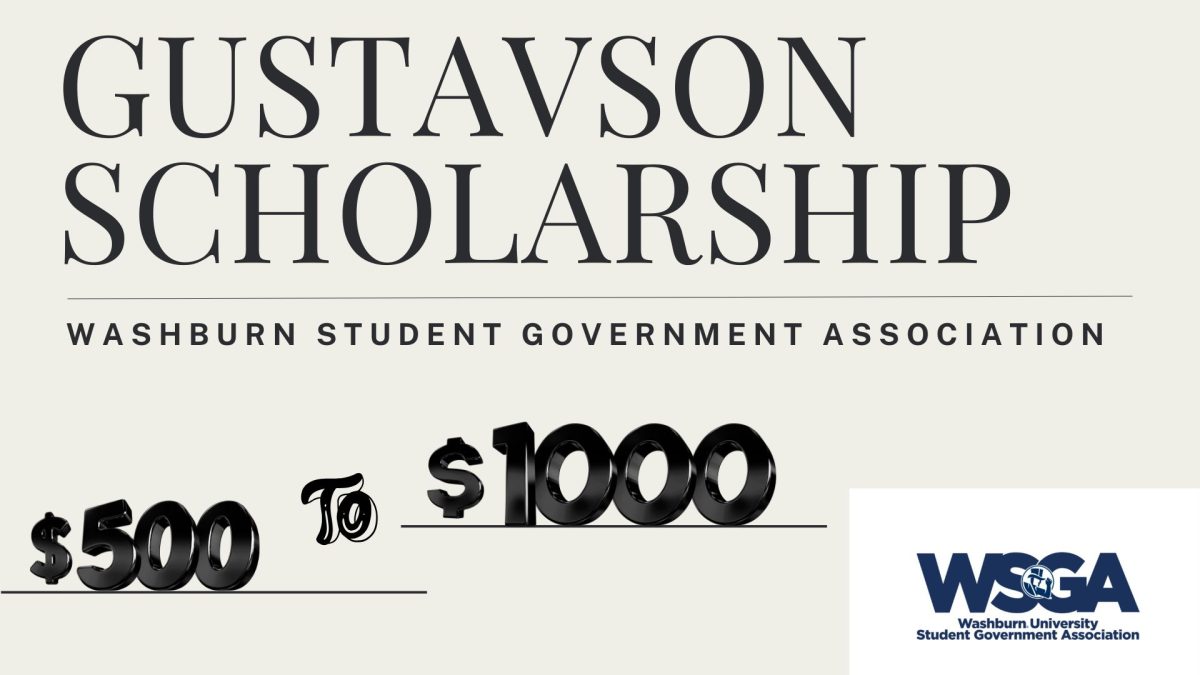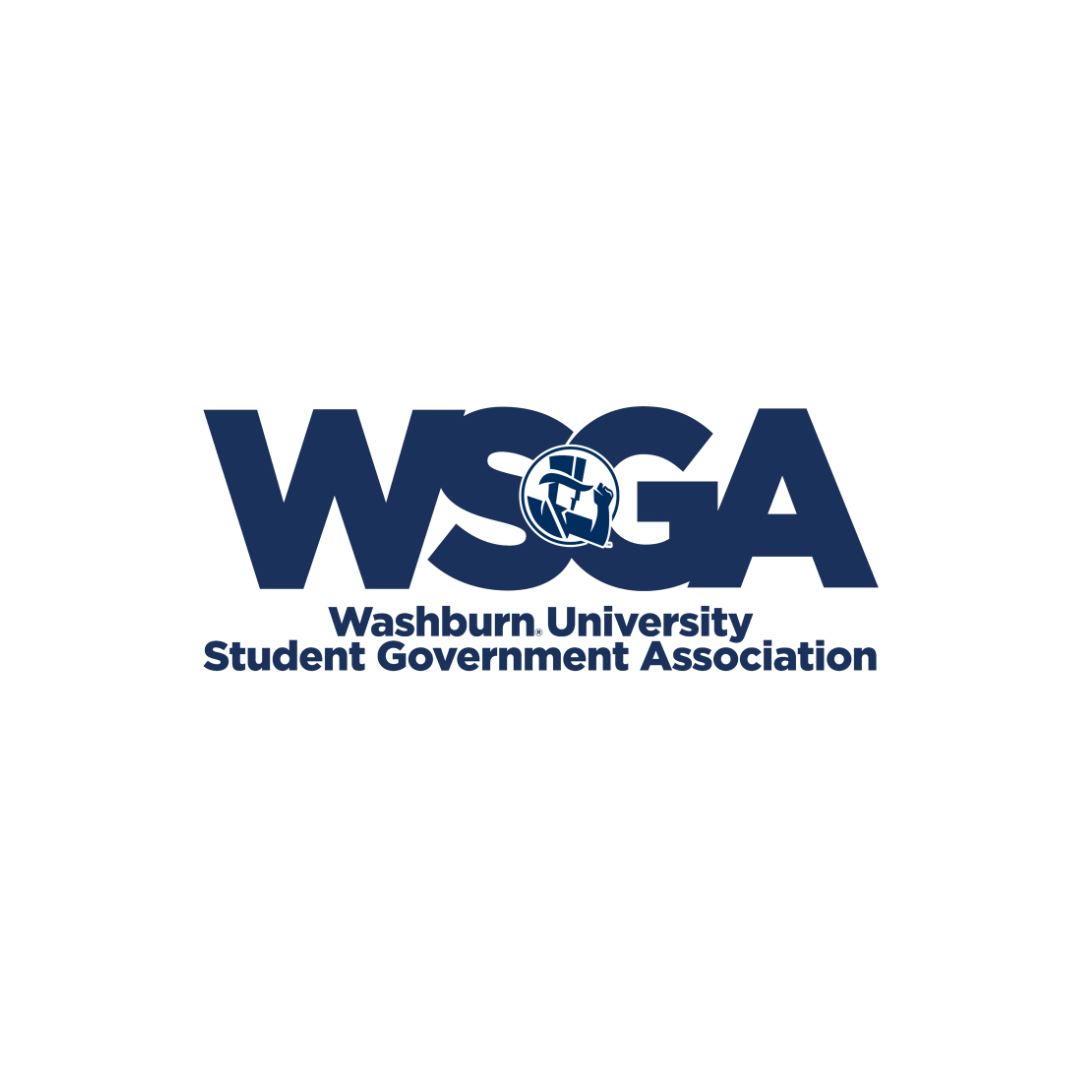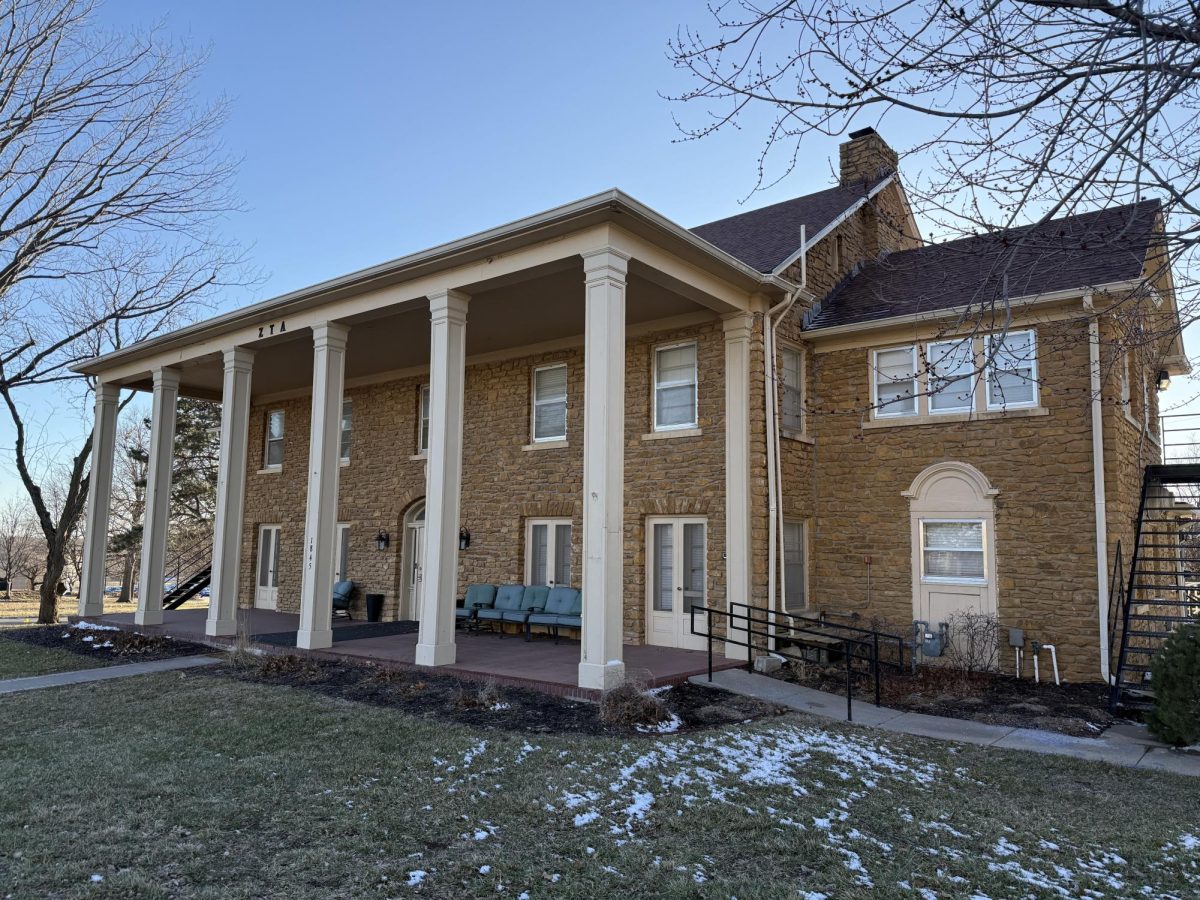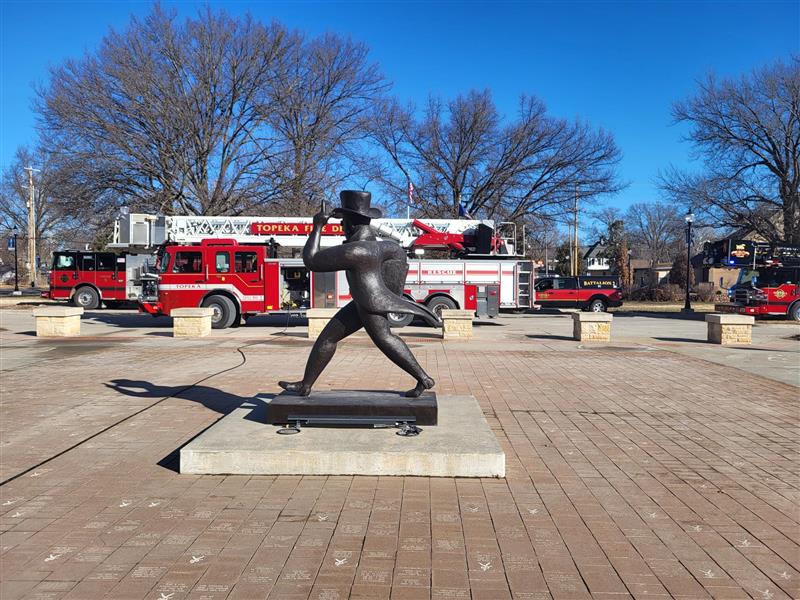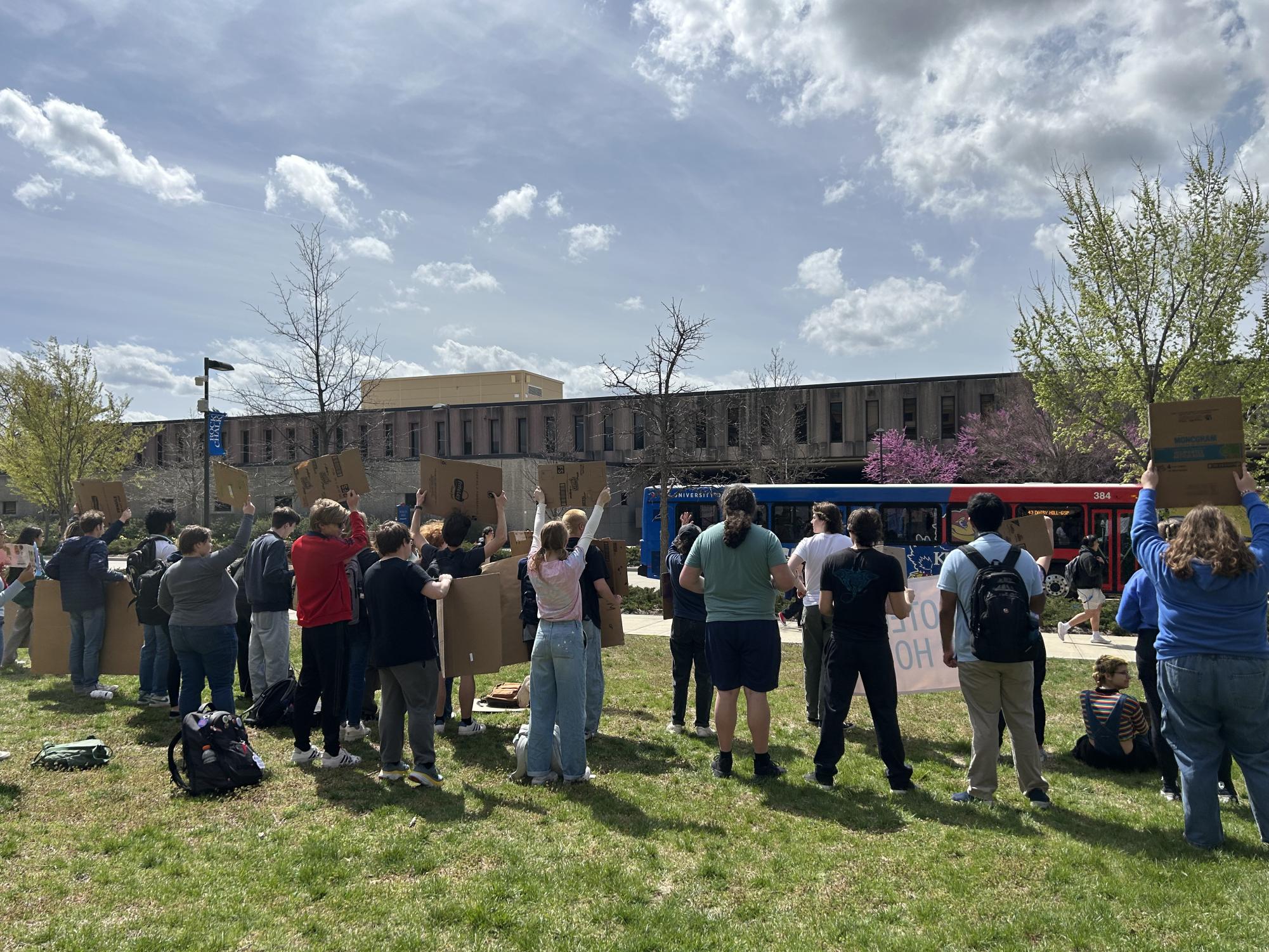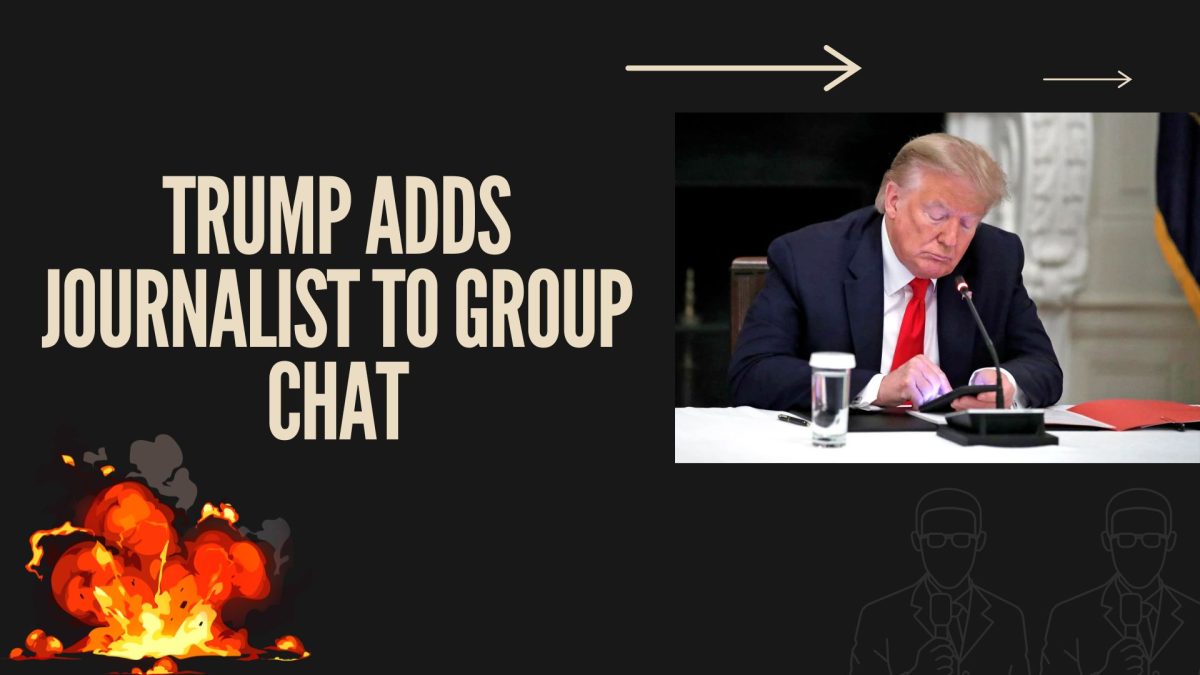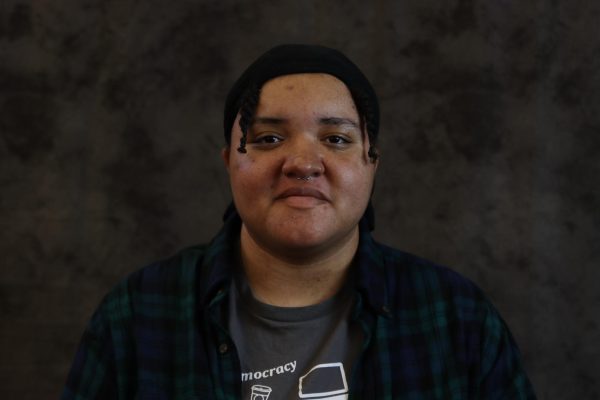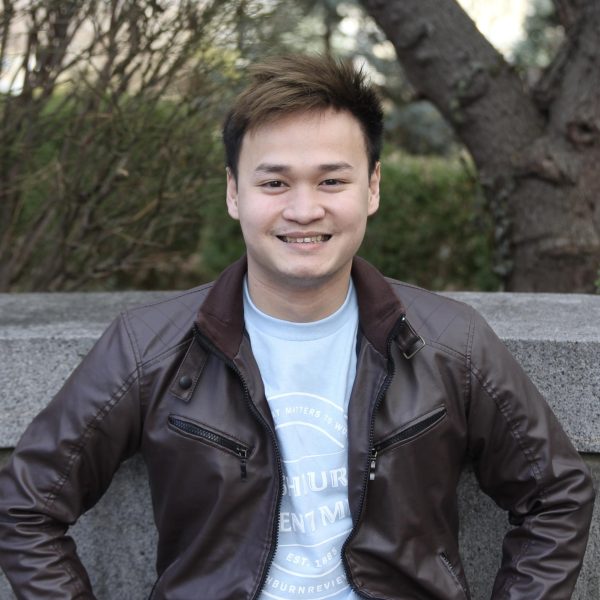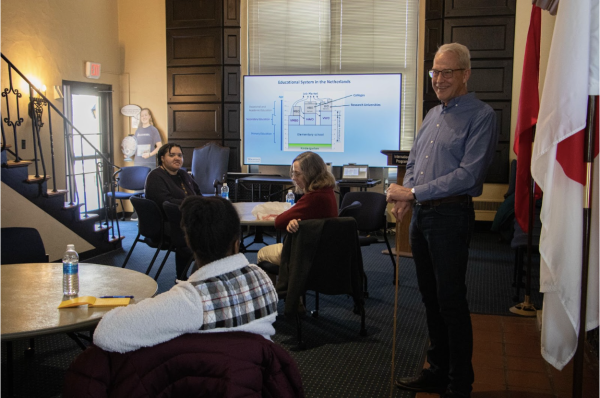
On Feb. 28, Pedro Zeijlmans van Emmichoven, lecturer of physics and astronomy, gave a presentation named “Reflections on Teaching in Amsterdam,” which was an overview of the education system in the Netherlands.
The event was part of a forum called the Brownback International Lectures.
He addressed his time as a faculty member with the aviation program at Amsterdam University, the quality assurance of that program and his experiences as a lecturer at Washburn University. This event took place from 12-1 p.m. at the International House.
During his presentation, Zeijlmans van Emmichoven shared how he mentored and supervised the students during their graduation projects, which included them presenting their research project to certain companies. There were three types of courses where students practiced: mathematics, physics in electricity and physics in sensors and signals.
“It’s important for students to practice problem solving, which can be done through workshops,” Zeijlmans van Emmichoven said. “Individual meetings can be used to assess the students’ progress.”
He then explained how the Accreditation Organisation of the Netherlands and Flanders (NVAO) accredits programs in universities in the Netherlands. Two important components that the NVAO focuses on are quality culture and quality control system. This includes a clear vision, professionalism and involvement of students and faculty members must have the right qualification; which includes a master’s degree instead of a bachelor’s.
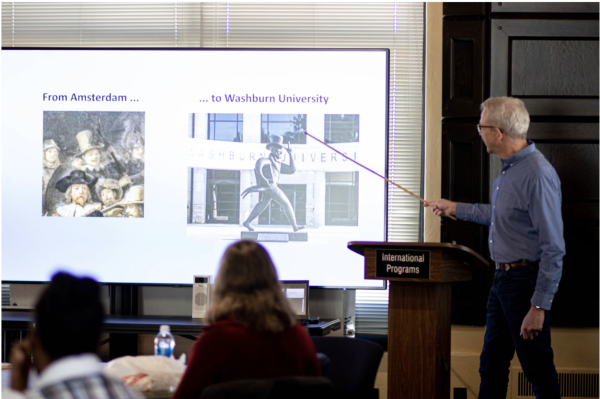
Zeijlmans van Emmichoven also explained how it is important for students to have surveys and peer groups to discuss what they think about the course.
“Management needs to have a very clear vision and what they mean by good teaching,” Zeijlmans van Emmichoven said. “Students also need to be involved in this process. For example: in the aviation program, we had a teaching committee for lecturers and students to see what changes are made in the program.”
Next, Zeijlmans van Emmichoven shared how he traveled from Amsterdam to Topeka to experience teaching at Washburn University.
His first impression in August was described as excellent as he had interesting discussions during his interviews, met nice colleagues and experienced a campus with good support and facilities. However, from mid-August to mid-October, it became challenging as he had issues with his passport, online teaching and the diversity of students learning physics.
“It took a long time before they could stamp my passport, so I had to go to online teaching,” Zeijlmans van Emmichoven said. “I knew of course that it’s open enrollment here [at Washburn]. But I didn’t realize that it works for students that had physics in high school, and students that never had any physics. And of course, I was not able to make use of the lab facility.”
It started to get better during mid-October to mid-December when he started getting closer to his peers and administration as he felt more supported and was able to get back on campus. When he finally started teaching around January, he continued experimenting with his teaching styles to see which strategy was the best to accommodate all of his students.
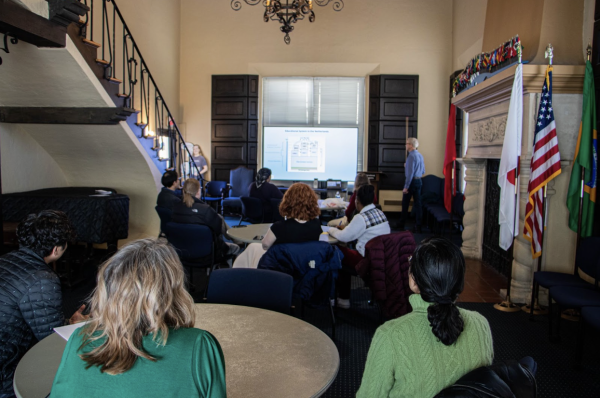
In the last part of his presentation, he explained his cultural experiences in Topeka, which include biking, walking and reading.
“You see loads of bikes [in Amsterdam], and of course that’s the first thing I bought [in Topeka]. I regularly go out on my bike. Then to university, I mostly walk,” Zeijlmans van Emmichoven said.
In showing pictures, he described a time when he walked by a house with a little library in their yard that had the concept of taking a book and then leaving a book. He was surprised when he picked up a book and saw it was meant for babies not adults.
“I saw this book about general relativity, so that attracted my eye of course. But I [had] never seen the book called ‘General Relativity for Babies.’ That’s really fun!”
Baili Zhang, director of international programs, organized the event and explained that the Brownback International Lectures forum has been a tradition for many years.
“The purpose of that is to bring international perspectives from faculty, staff, students and those who travel abroad,” Zhang said. “[They] then bring back to share with the campus and Topeka community so that they know what’s going on.”
Future Brownback International Lectures forums can be found on the online Washburn calendar. Students can find more information on international programs on the university website.
Edited by Stuti Khadka and Jayme Thompson






